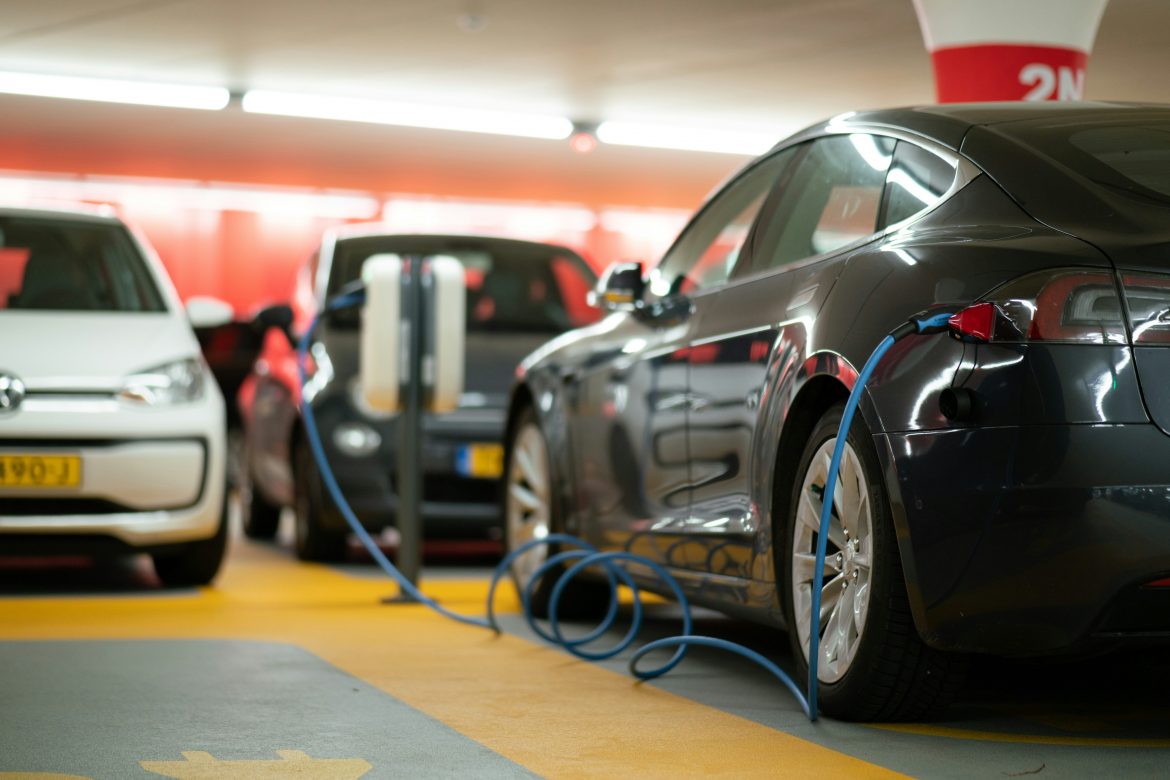The Biden administration’s plan to impose high tariffs on the Chinese EVs and batteries is proving to be a complex issue. On one hand, it is the short-term way of protecting the US auto jobs but it comes at the long-term goal of the EV adoption through the climate change fight.
Though the current Chinese hybrid electric vehicles are still not in the US market, the experts believe that the consumers will not be affected at the beginning by the new EV tariffs. On the contrary, the administration wants to set a very high tariff on the Chinese EV batteries and battery parts, hence, it will be difficult to produce a car, paying the high tariff. The tariffs could be a roadblock to the fulfillment of the EV adoption targets that President Biden has set which are supposed to reach the goal of electric vehicles to as much as 56% by 2032.
The manufacturers of the cars are of the view that the programs to achieve the goals will be difficult because of the restrictions on the federal support for the EVs with a significant Chinese content. The limitation of the high prices of the batteries and materials from China would make EVs to be the impossible for the ordinary consumer of the US.
Some argue that the clean-technology trade war between the US and China is likely to cause a chain reaction of increasing prices along the EV supply chain which will, finally, be reflected in the increase of the prices of EVs. The industry leaders and analysts emphasise on the need for the suppliers to be flexible in the Chinese supply chains’ production of electric vehicles.
The proclaimed tariffs are the proof that electric vehicles have become the most important topic in US political discourse, thus showing the major issues such as climate policy and national security that are discussed by the people. Even though politically, the two people are different, President Biden and former President Trump have both supported the tough trade measures against the Chinese EV manufacturers with the goal to pump up the voters in the crucial working class states.



